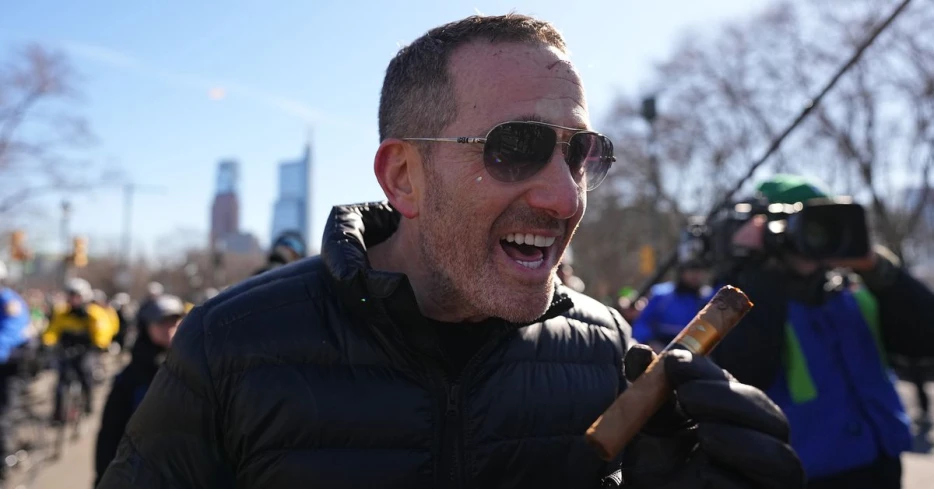
 Bleeding Green Nation
Bleeding Green Nation
The Eagles have so far been very successful with their salary cap management strategy.
The Philadelphia Eagles are fresh off a Super Bowl victory and four straight playoff appearances. Nick Sirianni defied early expectations and emerged as one of the best coaches in the NFL, while Howie Roseman has continued to defy the odds with aggressive salary cap management and shrewd drafting. After looking more closely at the Eagles spending on offense and defense, I must say I’m impressed.
I also came away with some long-term concerns. The way Roseman and the Eagles structure contracts puts a tremendous strain on the team’s future finances, and introduces a big element of risk. These risks haven’t come back to bite Philadelphia so far, and perhaps they never will. Perhaps when the bill eventually comes due in three to four seasons, the Eagles window will have gently closed and it’ll be a natural time for the team to reset their cap situation and start over.
For the record, I fully support Roseman’s approach. This is the ideal time to go “all in” and push money into the future. The Eagles are clearly built to contend right now, with several top players all in the midst of their prime years. If there’s a time for pedal-to-the-metal, it’s right now.
But after my review of the Eagles’ finances, I think it’s worth discussing just how much money is being pushed forward and how things could fall apart quickly in a worst-case scenario. Not to be nitpicky or contrarian–I respect Roseman’s bold approach–but to explain that the strategy does have potential consequences.
As primarily a Falcons writer whose team is in the midst of a cap crunch, I often have fans asking me about the Eagles approach. How could the Eagles, who are paying a franchise quarterback, two wide receivers, a tight end, and two offensive linemen elite money, along with several key defensive players, not be feeling the same squeeze as Atlanta?
The answer is twofold. One is that the Eagles draft extremely well, and much of their roster and starting lineup are occupied by affordable rookie contracts. The second is that Philadelphia has deferred the vast majority of the money from those aforementioned big deals far into the future, using a number of salary cap manipulations.
Those cap manipulations can be complicated, but the basic ones employed by the Eagles (and most teams) are pretty simple. The first maneuver is to convert a player’s base salary into a signing bonus (or in the Eagles’ case, option bonus). While base salary counts 100% against the cap, bonus money is prorated (spread out) over the length of the contract up to five years.
The second maneuver is adding void years to a contract. Void years are essentially fake years added on to the end of a contract for the sole purpose of spreading out prorated bonus money. When...